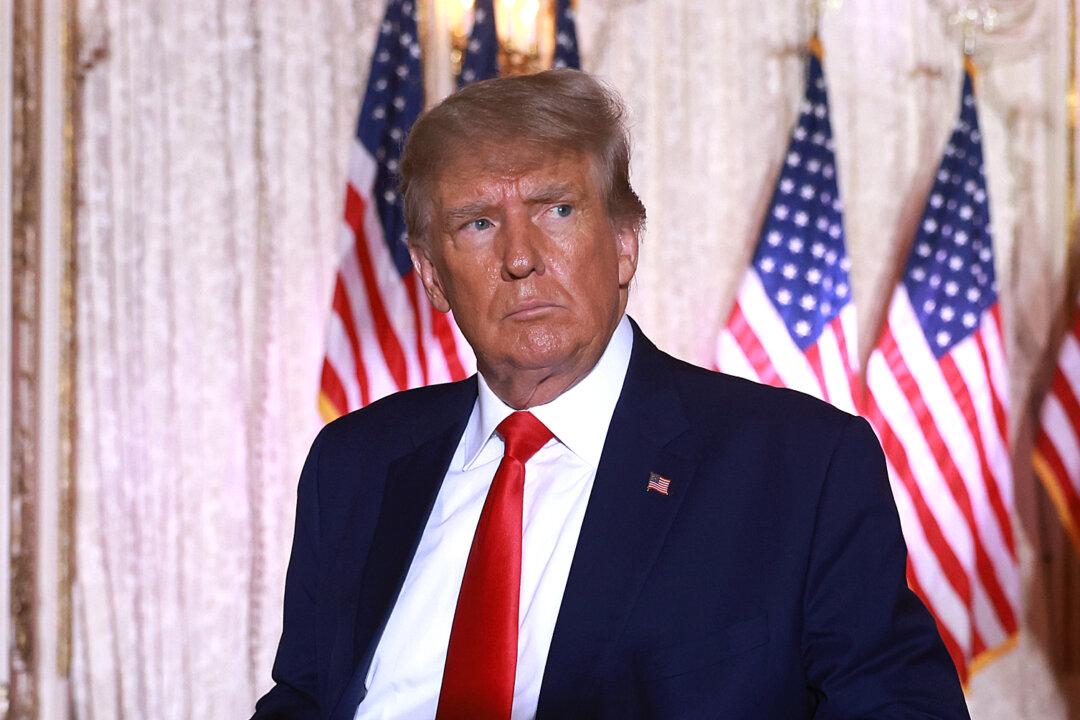Former President Donald Trump is appealing a judge’s decision to impose sanctions against him and his legal team after dismissing his lawsuit against Hillary Clinton.
In March, Trump filed a lawsuit against Clinton and two dozen other individuals and entities, including the Democratic National Committee (DNC), Democratic lawmakers, the political opposition research firm Fusion GPS, and former FBI and Department of Justice officials. Trump’s lawsuit argued Clinton and the other defendants “maliciously conspired to weave a false narrative” that Trump had conspired with the Russian government.





